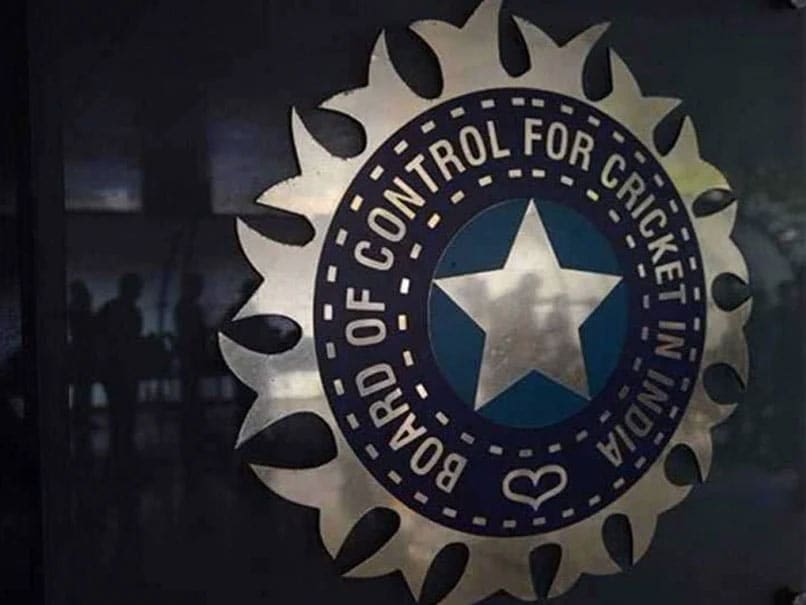Green Park Stadium Reduces Pan Masala Advertising Amidst Surrogate Concerns
Pan Masala Advertising at Green Park Stadium: A Balancing Act
The Green Park Stadium in Kanpur, known for its pan masala production, has witnessed a reduction in the advertising space given to smokeless tobacco brands during the ongoing India-Bangladesh Test match. While billboards and electronic displays still feature brands like ‘Shikhar’ and ‘Vimal,’ the space allocated to them has been significantly diminished compared to previous matches.
UPCA officials maintain that these brands are promoting mouth fresheners, not pan masala. However, the absence of the word “elaichi” (cardamom) on the advertisements raises questions about whether this is a form of surrogate advertising. Surrogate advertising involves using a brand’s name and essence to promote banned or restricted products.
The Cigarettes and Other Tobacco Products Act (COTPA) of 2003 prohibits direct advertising of tobacco products. However, it does not explicitly address surrogate advertising. This loophole has allowed pan masala brands to indirectly promote their products through advertisements for mouth fresheners or other non-tobacco items.
The revenue generated from pan masala advertising has traditionally accounted for a significant portion of the income from international matches. However, UPCA has taken a financial hit by reducing the advertising space for these brands.
BCCI vice president Rajeev Shukla has refrained from labeling the advertisements as surrogate, stating that the brands are not explicitly promoting tobacco. However, the union health ministry has urged the BCCI and the Sports Authority of India (SAI) to prevent surrogate advertising of tobacco and alcohol by sportspersons.
The issue of tobacco control in India is a serious concern. India is the second largest tobacco producer and exporter in the world, and tobacco-related deaths account for nearly 13.5 lakhs fatalities annually. The National Tobacco Control Programme (NTCP) was launched in 2007-08 to raise awareness about the harmful effects of tobacco consumption.


